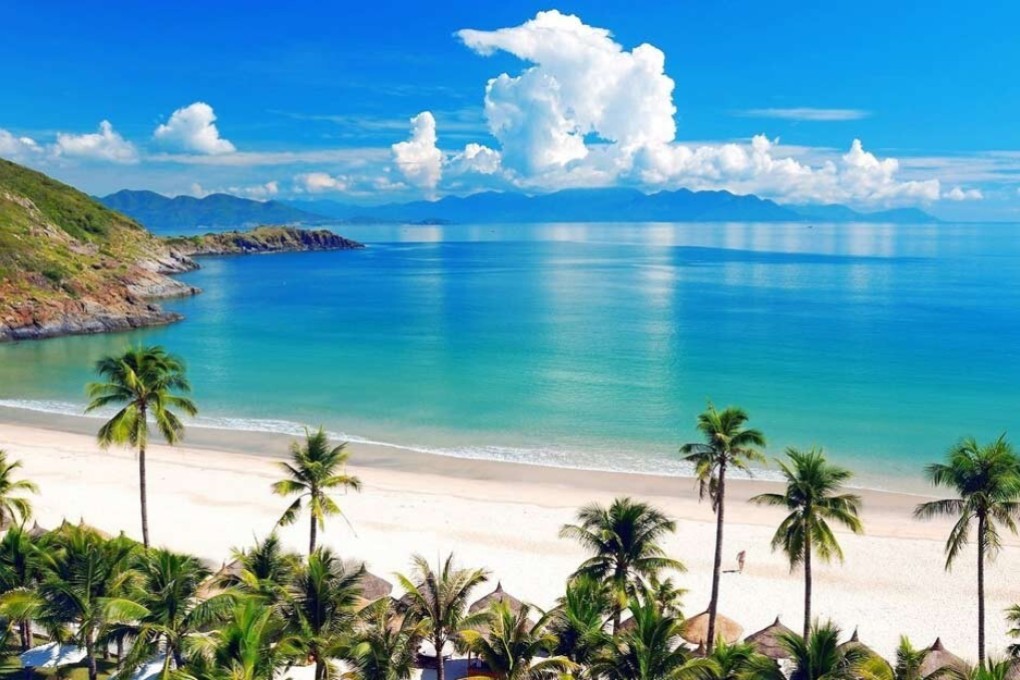Planning to leave Hong Kong? The best countries to emigrate to, how much migration can cost, and some possible pitfalls
- Most Hongkongers prefer English-speaking countries for ease of communication and their children’s education
- Islands in the Caribbean, and in the EU Malta and Cyprus, are among the options for migrants; if tax is an issue, Caribbean or South Pacific come to the fore

Over the past week or so, immigration consultant John Hu’s email inbox has clogged up and his WhatsApp account has been chirruping non-stop. Since China announced it will impose a national security law on Hong Kong, more of the city’s seven million-plus residents than usual have been looking for an exit strategy.
“We have never been so busy – and I say that having been in this business for more than 20 years,” says Hu, a Hong Kong-born former IT professional who holds Australian nationality and runs his own migration consulting firm.
“There’s a mix of good reasons why people are looking overseas all of a sudden, including social unrest and safety. But they’re also weighing up the chance of a better education for their children, investment diversity – especially when the euro and Australian, Canadian and British currencies are low – experiencing a better quality of life, and taking into account the fact that Hong Kong is one of the most expensive cities in the world.
“And many people feel that while Hong Kong is a good place to make money, it is not necessarily a good place to live.”

Hu’s is one of dozens of migration consultancies based both in Hong Kong and overseas.
London-based Henley & Partners is one of the best known, and posts the Henley Passport Index, a league table of countries with the most desirable passports.